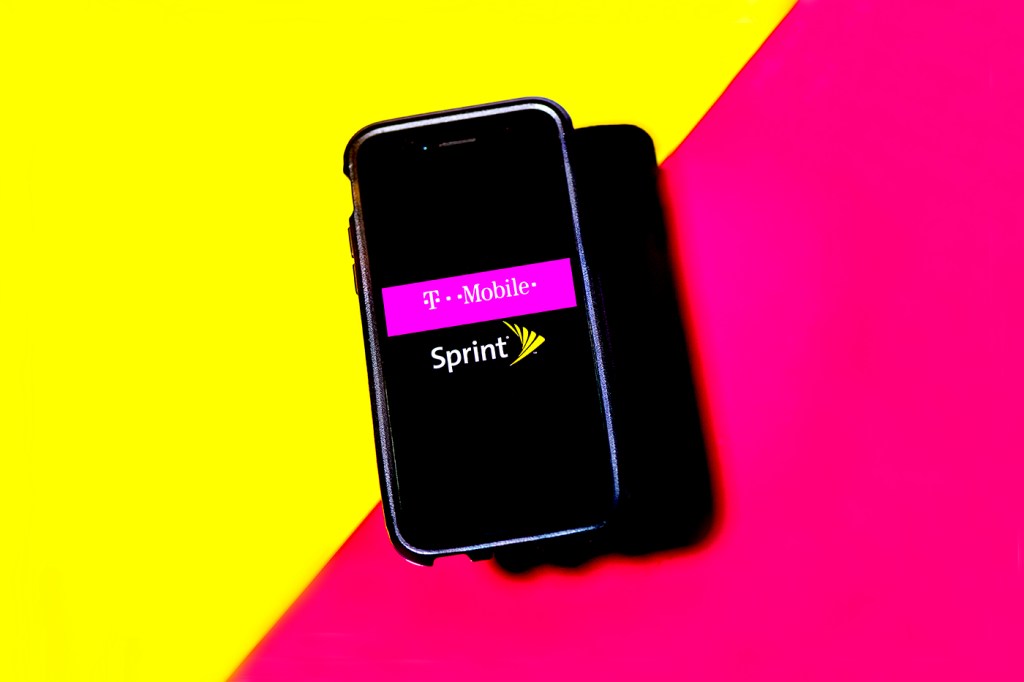What’s wrong with the T-Mobile and Sprint merger?

A team of nine state attorneys general are challenging T-Mobile’s $26 billion merger with Sprint this month, arguing that combining the third- and fourth-largest wireless companies would lead to less competition and higher prices for customers.
The suit hinges on more than just the elimination of a competitor, says economist John Kwoka: It highlights a fundamental issue baked into the plan to merge the two companies.
According to the plan—which was approved by the United States Department of Justice and the Federal Communications Commission earlier this year—T-Mobile and Sprint can merge, but only if they help create a new major competitor out of a company that, so far, has no wireless operation: Dish Network Corp. This would add Dish to a field of wireless companies that includes AT&T, Verizon, and the new T-Mobile.

John Kwoka, Neal F. Finnegan Distinguished Professor of Economics in the College of Social Science and Humanities. Photo by Matthew Modoono/Northeastern University
“What we’re seeing here is that the Department of Justice recognizes that going from four competitors to three wasn’t good for innovation,” says Kwoka, Neal F. Finnegan Distinguished Professor of Economics at Northeastern. “So, they had to bolster a fourth competitor, Dish. It’s pretty unusual stuff.”
According to the plan, the merged company (T-Mobile) will hand off a slew of redundant Sprint assets to Dish.
Specifically, T-Mobile would spin off Sprint’s prepaid wireless services (including Boost Mobile, Virgin Mobile, and Sprint prepaid), cell towers, and retail stores to Dish Network over the next seven years.
Kwoka and a group of six other economists have filed a brief with the Department of Justice to explain why they’re skeptical about whether the plan will work.
First, there’s the timeline. According to the merger plan, T-Mobile must provide Dish with “robust access” to its wireless network for the next seven years, while Dish builds out its own wireless network.
But, Kwoka says it’s unclear how effective Dish will be as a competitor in the wireless market during those seven years.
“If it’s going to take seven years to replace a competitor, that doesn’t sound like a remedy for consumers in the meantime,” he says.
Second, there’s a question of motivation, Kwoka says.
Dish is depending upon T-Mobile for services and assets while Dish gets off the ground as a wireless company.
“The T-Mobile that will survive doesn’t have any interest in helping Dish to become a full-blown competitor, of the sort that already exists [in AT&T and Verizon],” Kwoka says.
Kwoka’s own research into these sorts of merger plans has shown that “these types of experiences rarely work out very well,” he says. “The merged company has incentive to slow down the evolution of the other company.”
For these reasons, Kwoka argues that it’s “implausible” that the merger plan adopted by the FCC and the Justice Department will produce an effective fourth competitor to AT&T, Verizon, and T-Mobile.
The trial brought by the state attorneys general is expected to run until Dec. 20. Whether the judge will approve the plan as is remains to be seen.
For media inquiries, please contact Shannon Nargi at s.nargi@northeastern.edu or 617-373-5718.